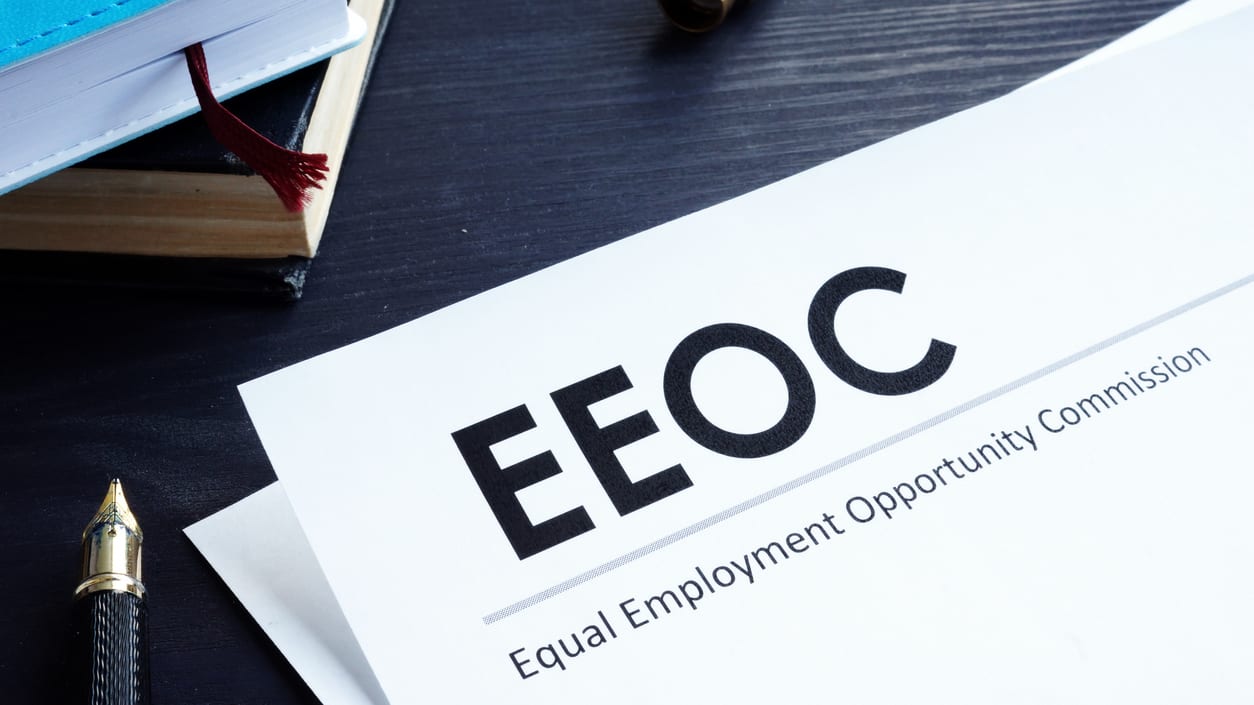The U.S. Equal Employment Opportunity Commission has stated that it will allow late filing of EEO-1 Reports, which are due May 17, until June 21. We've gathered articles on the news from SHRM Online and other outlets.
'Failure to File' Phase
An FAQ explains that the EEOC will permit employers to submit their EEO-1 Reports after the May 17 deadline, during what the agency is calling the "failure to file" phase. The EEOC stated, "All filers who have not submitted and certified their mandatory 2021 EEO-1 Component Report(s) by the Tuesday, May 17, 2022, published deadline will receive a notice of failure to file instructing them to submit and certify their data as soon as possible, and no later than Tuesday, June 21, 2022."
Who Must File
The May 17 deadline and grace period until June 21 for filing the EEO-1 Report apply to most employers with 100 or more employees and most federal contractors with 50 or more employees. The portal for filing the reports opened on April 12.
What Happens After Grace Period Ends?
After the June 21 deadline passes, no additional 2021 EEO-1 Component 1 Reports will be accepted, and eligible filers will be out of compliance with their mandatory 2021 EEO-1 Component 1 filing obligation.
Component 1 Data
Covered employers must file EEO-1 Component-1 data on the employer's workforce by job category. Component-1 data consists of demographic information, such as race, gender and ethnicity.
Simpler Filing This Year
Filings for the EEOC's 2021 EEO-1 Component 1 data collection should be less complicated than the 2019 and 2020 EEO-1 filings, which posed several obstacles, including a new filing platform, paper-mailed login information, a requirement of filing two years of reports, and the abandonment of the new platform's mergers and acquisitions system deep into last year's filing cycle.
An organization run by AI is not a futuristic concept. Such technology is already a part of many workplaces and will continue to shape the labor market and HR. Here's how employers and employees can successfully manage generative AI and other AI-powered systems.




